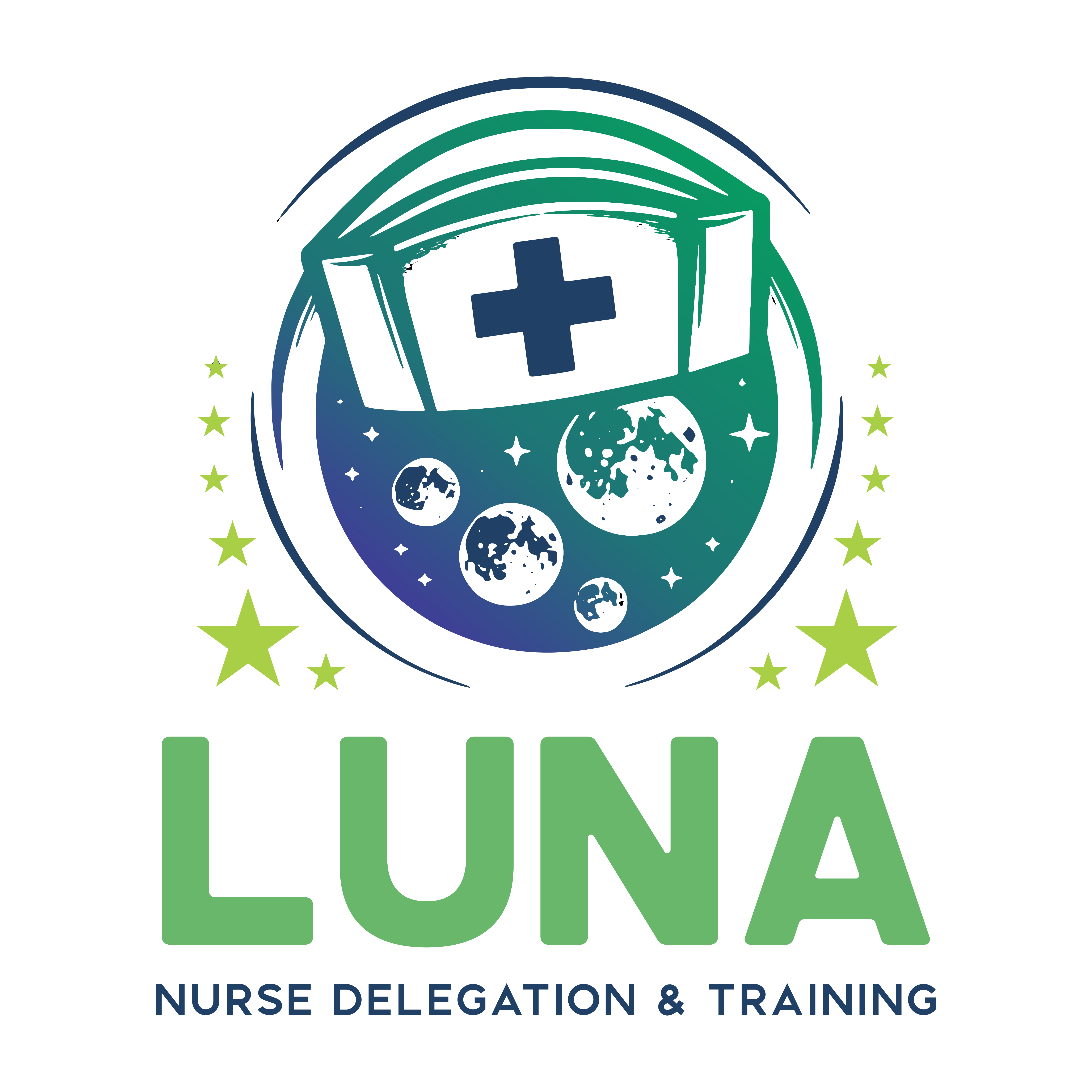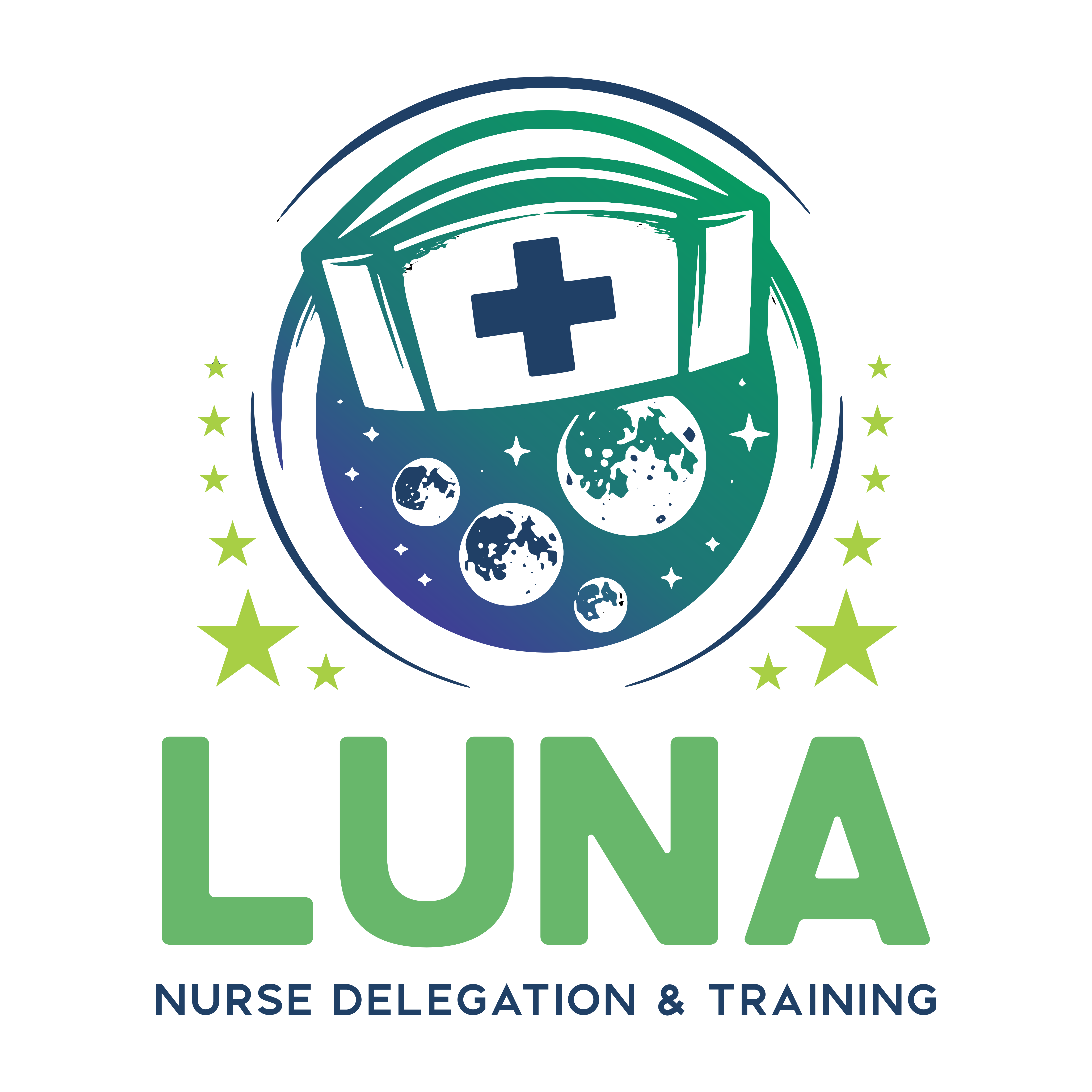Introduction: Nurse delegation is a critical skill that allows registered nurses (RNs) to effectively manage their workload while ensuring that patients receive high-quality care. Mastering this skill requires a combination of knowledge, communication, and leadership. In this blog post, we’ll explore some practical tips for successfully mastering nurse delegation.
Tip 1: Know the Legal and Regulatory Requirements Before delegating tasks to unlicensed assistive personnel (UAP), it’s essential to understand the legal and regulatory requirements governing nurse delegation in your jurisdiction. Familiarize yourself with the scope of practice for both RNs and UAPs, as well as any specific laws or regulations that may apply to your healthcare setting.
Tip 2: Assess Patient Needs and UAP Skills Effective delegation begins with a thorough assessment of patient needs and the skills and capabilities of available UAPs. Match tasks to UAPs based on their competencies and experience, taking into account any training or certification requirements.
Tip 3: Provide Clear Instructions and Expectations Clear communication is key when delegating tasks. Provide UAPs with specific instructions, including details on how tasks should be performed, any safety precautions to be taken, and deadlines for completion. Clarify expectations and encourage UAPs to ask questions or seek clarification as needed.
Tip 4: Establish Ongoing Supervision and Feedback Once tasks are delegated, provide ongoing supervision and feedback to ensure they are performed safely and effectively. Regularly check in with UAPs to monitor progress, address any challenges or concerns, and provide constructive feedback for improvement.
Tip 5: Foster a Culture of Collaboration Nurse delegation is most successful in an environment where collaboration and teamwork are valued. Foster a culture where RNs and UAPs work together as a cohesive team, supporting each other and communicating openly to ensure the best possible outcomes for patients.
Conclusion: Mastering nurse delegation is a valuable skill that can enhance patient care, improve efficiency, and promote professional growth for registered nurses. By following these practical tips for success, you can develop your delegation skills and become a more effective member of the healthcare team. Remember to stay informed about legal and regulatory requirements, assess patient needs and UAP skills, communicate clearly, provide ongoing supervision and feedback, and foster a culture of collaboration. With dedication and practice, you can become a master of nurse delegation.






